In the digital age, network security is as important as home security. However, many users often confuse "firewalls" and "antivirus software," believing that installing one provides peace of mind. In reality, these two tools are like the "gatekeeper" and "housekeeper" of a network security system, each performing its own function, yet one lacks the other.

Protection Scope: One Guards the "Border," the Other Protects the "Interior"
A firewall‘s core responsibility is to protect the network‘s "border." Whether it‘s a home Wi-Fi network or a corporate LAN, a firewall acts like a security booth at the entrance of a residential complex, strictly controlling data traffic in and out of the network. It inspects every packet attempting to enter or leave the network, determining whether its source and destination are secure, thereby preventing malicious attacks from invading from the outside. For example, if a hacker attempts to connect to your computer through an unsecured port, the firewall will immediately block them from the network.
Antivirus software acts more like a household janitor, protecting files and programs on devices like computers and phones. It scans documents, applications, and even email attachments in real time, immediately removing or quarantining any malware, such as viruses or Trojans. For example, if you accidentally download a file containing a virus, antivirus software can quickly identify and eliminate it, preventing the virus from spreading within your device.
How it works: Rule-based interception vs. signature-based detection
Firewalls operate based on a "rulebase." Users or vendors pre-set a series of security rules, such as which IP addresses are allowed access and which ports are blocked. When data traffic passes through the firewall, it is screened against these rules. Packets that meet the rules are allowed through, while those that violate them are rejected. This approach is similar to railway security checks, where luggage is inspected according to established standards. It is efficient and highly targeted.
Antivirus software primarily relies on a "virus signature library." Developers collect signature codes for various known viruses and store them in a signature library. When scanning, the antivirus software compares the code in the signature library to the files. If a match is found, the file is deemed a virus. With technological advancements, modern antivirus software has also incorporated behavioral analysis capabilities, which can identify unknown viruses by monitoring unusual program behavior (such as unauthorized file deletion). Much like a security guard checking not only IDs but also individuals with suspicious behavior.
Applicable Scenario: Complementarity Builds a Strong Defense
On a home network, a firewall (usually integrated into the router) can block most attacks from the internet, such as preventing strangers from surfing the internet or hackers from scanning your devices. However, without antivirus software, viruses can still infect your computer if you accidentally click on a phishing link or download a infected file. Conversely, if only antivirus software is in place without a firewall, external attacks will continue to pour in, and the antivirus software will be overwhelmed.
For enterprises, this complementary nature is even more pronounced. Enterprise firewalls must cope with more complex network environments, such as restricting employee access to unsafe websites and managing network permissions for different departments. Antivirus software, on the other hand, protects business data on employees‘ computers, preventing information leaks caused by file infections. For example, a company‘s improper firewall configuration allowed hackers to infiltrate its internal network. However, antivirus software promptly detected a Trojan horse planted by the hackers, preventing the theft of critical data.
Why are both essential?
Imagine if your home only has a front door (firewall) but no locks (antivirus software). A thief could potentially enter through a window or other openings. Conversely, if the doors and windows are closed but the front door is wide open, a thief could simply drive right in. The same is true for network security: a firewall blocks external threats, while antivirus software eliminates internal vulnerabilities. Only when the two are combined can a complete protection system be formed.
Today, network threats are increasingly complex, ranging from external hacker attacks to malicious code hidden within files. Using a firewall and antivirus software together is like having a "double insurance" for network security, allowing you to work and live more securely in the digital world.

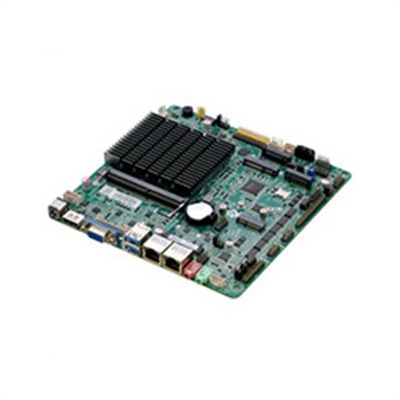
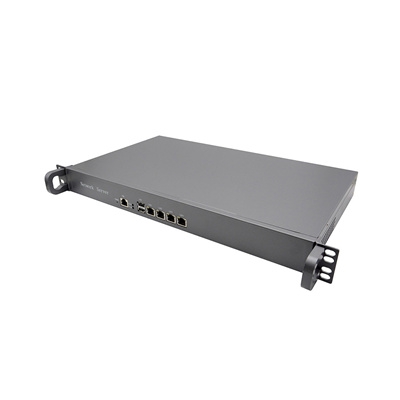
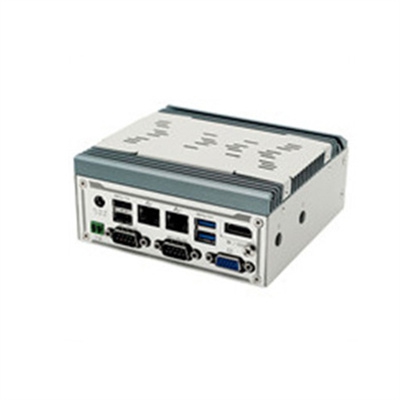


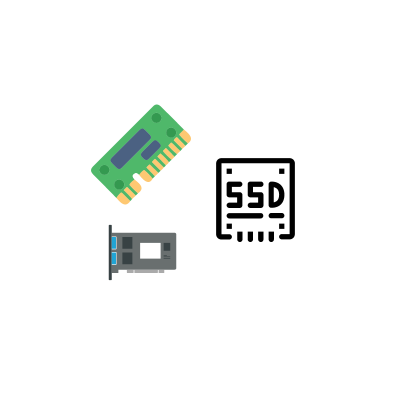


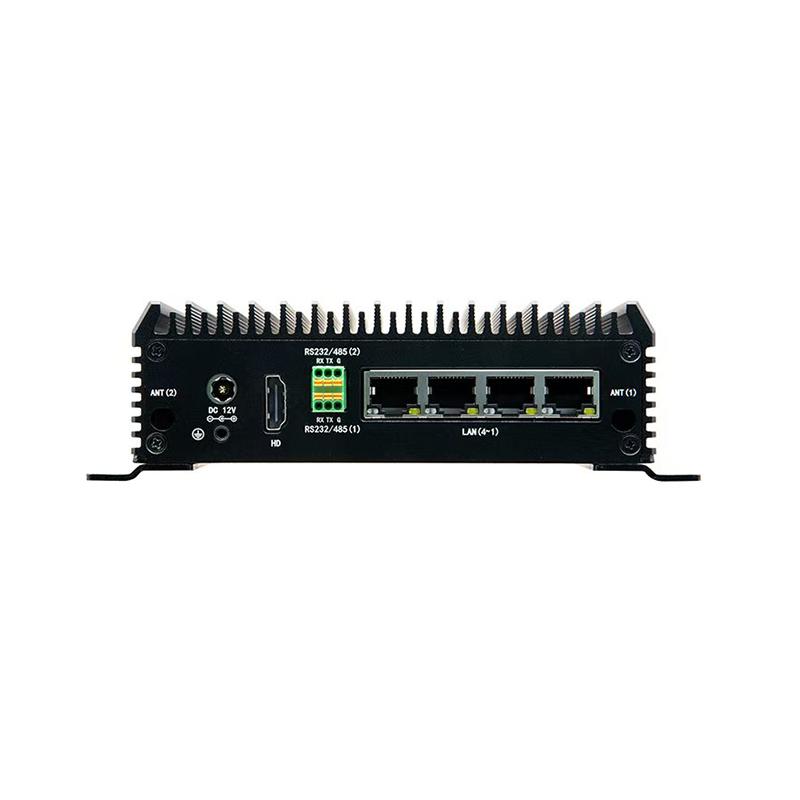
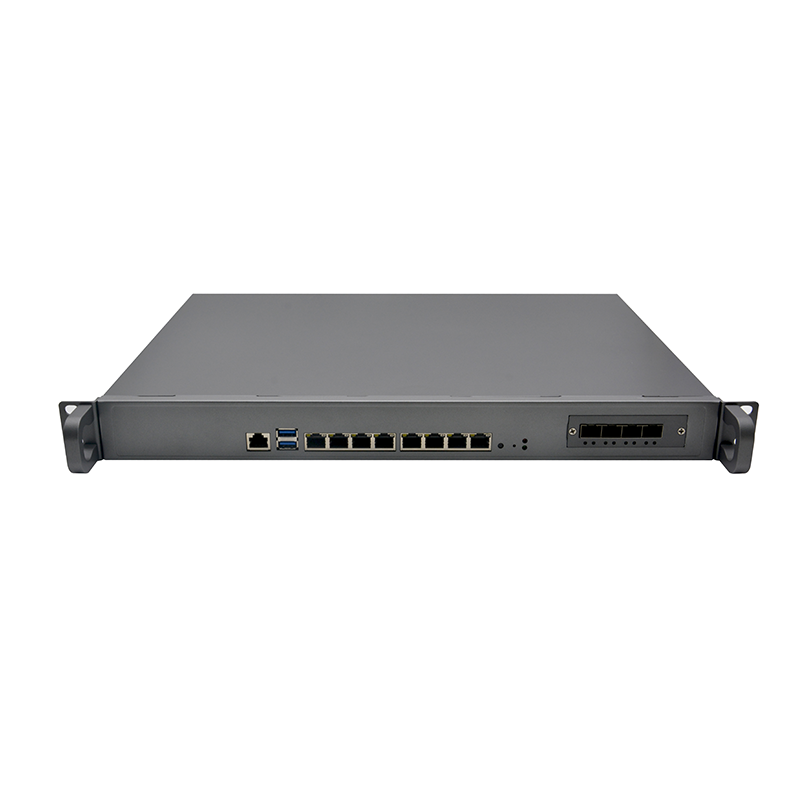
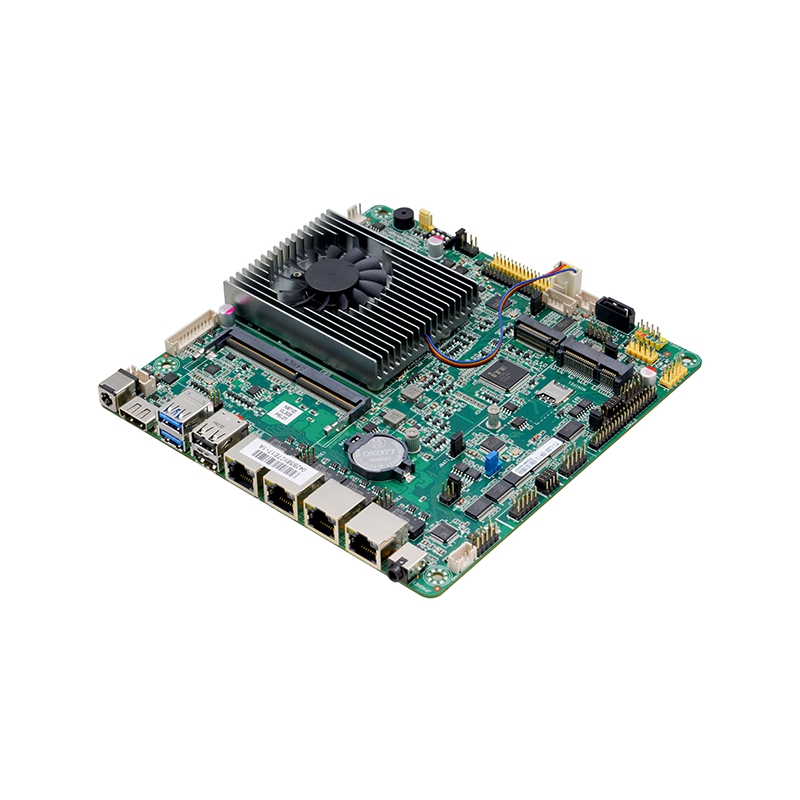
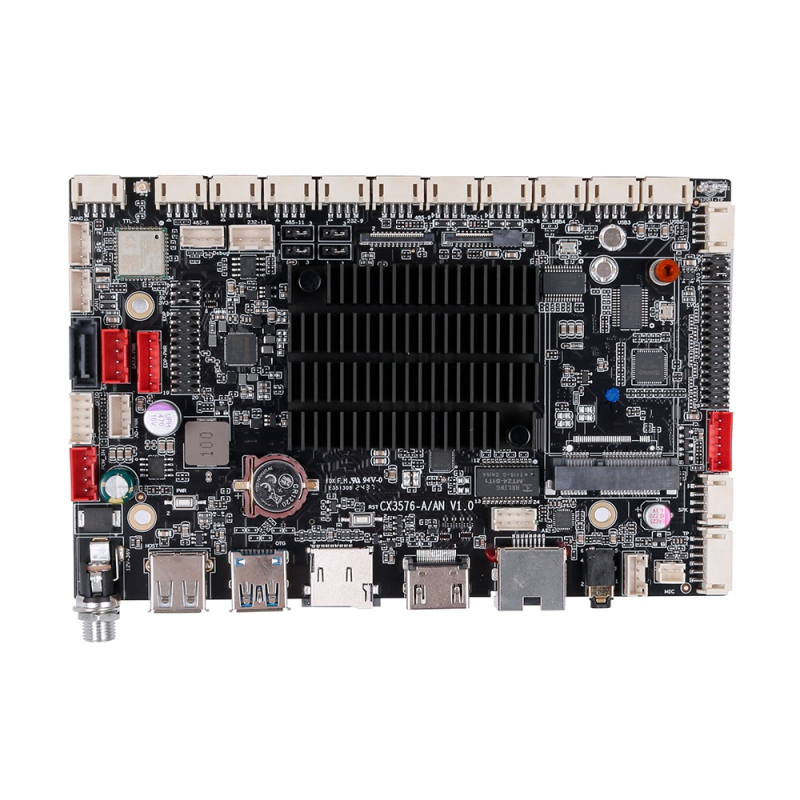






 Teamas
Teamas